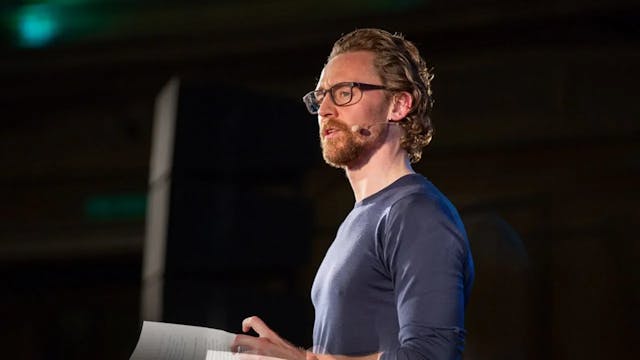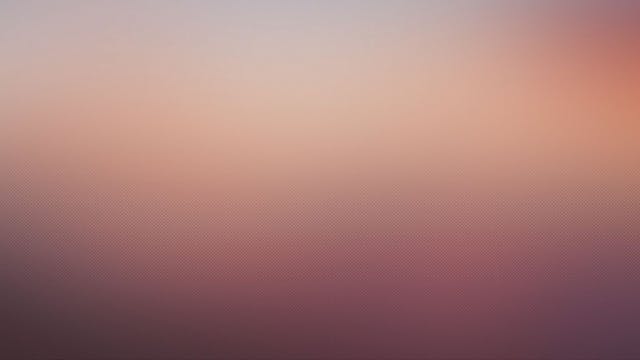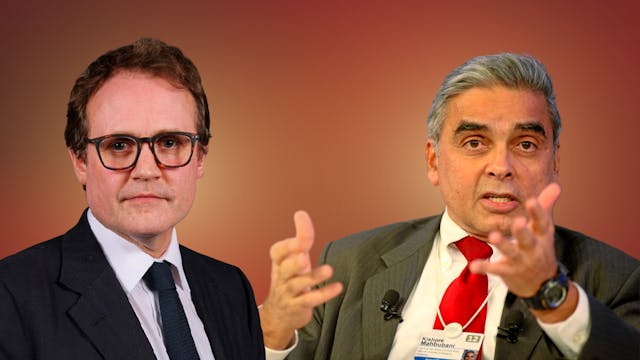Brave New World vs Nineteen Eighty-Four featuring Adam Gopnik and Will Self
Debates
•
1h 35m
The battle between two of the greatest dystopian novels Brave New World and Nineteen Eighty-Four is strikingly urgent in our world of Donald Trump, 'fake news', and technological advances. On the Intelligence Squared stage, we have Will Self arguing for Brave New World and Adam Gopnik arguing for Nineteen Eighty-Four. The debate was chaired by Jonathan Freedland.
Dystopian books and films are in the zeitgeist. Reflecting the often dark mood of our times, Intelligence Squared are staging a contest between two of the greatest dystopian novels, 'Brave New World' and 'Nineteen Eighty-Four'. Each book captured the nightmares of the 1930s and 40s. But which vision looks more prescient to us now in the 21st century? Are we living in George Orwell’s sinister surveillance state? Or in Aldous Huxley’s vapid consumerist culture? To battle it out, we brought two celebrated writers, Adam Gopnik and Will Self, to our stage.
After Donald Trump was elected, it seemed as if 'Nineteen Eighty-Four' had clinched it. The book shot to the top of the bestseller charts. It felt so ominously familiar. In Orwell’s dystopia, the corporate state controls the news, insisting that ‘whatever the Party holds to be truth is truth’. That sounds very like Trump’s ‘alternative facts’, and the war he is waging on the ‘fake news’ media. Orwell imagined two-way telescreens spying on every citizen’s home. Today we have Amazon’s ‘always listening’ Alexa device, while Google, Facebook and the security agencies hoover up our personal data for their own ends. Orwell also described an Inner Party – two percent of the population – enjoying all the privileges and political control. Isn’t that scarily close to the ‘one percent’, reviled for their wealth and influence by anti-capitalists today? No wonder everyone rushed out to buy the book.
But Orwell’s critics say 'Nineteen Eighty-Four' is a dated dystopia, a vision that died along with communism. The novel that better resonates with our present, they say, is 'Brave New World'. Here Aldous Huxley imagined a plastic techno-society where sex is casual, entertainment light and consumerism rampant. There are pills to make people happy, virtual reality shows to distract the masses from actual reality, and hook-ups to take the place of love and commitment. Isn’t that all a bit close to home? Huxley even imagined a caste system created by genetic engineering, from alpha and beta types right down to a slave underclass. We may not have gone down that road, but gene-editing might soon enable Silicon Valley’s super-rich to extend their lifespans and enhance the looks and intelligence of their offspring. Will we soon witness the birth of a new genetic super-class?
Both these novels imagined extraordinary futures, but which better captures our present and offers the keener warning about where we may be heading?
Up Next in Debates
-
Dickens vs Tolstoy featuring Tom Hidd...
The Battle Of The Great 19th-century Novelists with Professor John Mullan arguing for Dickens and historian Simon Schama arguing for Tolstoy. Bringing their arguments to life with readings we had Tom Hiddleston, star of Marvel's Thor and The Avengers, and Zawe Ashton, acclaimed for her roles in F...
-
Debate: Assisted Dying Should Be Lega...
Should assisted dying be viewed as a human right or as a danger to the most vulnerable people in our society? Our panel debate and discuss whether assisted dying should be legalised in the UK.
For the motion: A.C. Grayling and Henry Marsh
Against the motion: Anne Atkins and Katherine Sleeman
Cha... -
Debate: Its Time for the West to Get ...
Tom Tugendhat, Conservative MP and Chair of the Commons Foreign Affairs Committee debates with Kishore Mahbubani, Singaporean civil servant, diplomat and academic on these questions: Do we need to prevent a Beijing-dominated world or is it only a matter of time before China usurps the US as the w...



